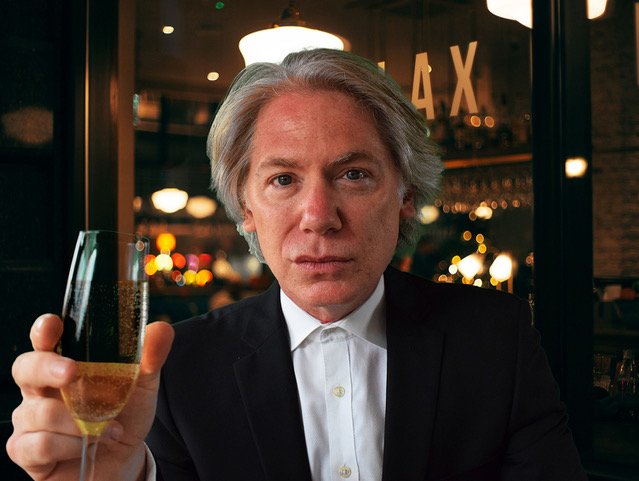Scene 1: Helen, ethical investment advisor and John, hedge fund manager, first meet at a Canary Wharf bar. Helen is there to get an insider story for her expose podcast The Good Investor, but unexpected feelings start to surface.
Canary Wharf
-
Canary Wharf is a ‘regeneration’ docklands redevelopment in the East End of London purpose built as an international financial centre. A Thatcher supported multiple skyscraper mini-city of offices and malls, it was meant to help London’s ancient City financial institutions to expand into a new more spacious home. Privately owned and developed, the former docklands precinct now provides multinational finance and media corporations with global headquarters and infrastructure. The investment decisions that get made in Canary Wharf affect countless around the globe.
-
Hedge funds are actively managed investment pools whose managers use a wide range of strategies, often including buying with borrowed money and trading esoteric assets, in an effort to beat average investment returns for their clients. They are considered risky alternative investment choices. Hedge funds require a high minimum investment or net worth, excluding all but wealthy clients (from Investopedia).
-
According to Investopedia, ethical investment funds allocate capital toward companies whose “practices and values align with investor’s personal beliefs…some beliefs are rooted in environmental, religious, or political precepts.” Sustainable investment funds (whose mandate is to prioritise investment in ‘green’ industries such as renewable energy) have seen growth in popularity in recent years.
-
Refers to the significant change in the operation of the London Stock Market in the mid 1980's. It was as a result of an agreement between the Conservative government under Margaret Thatcher to end a number of what were perceived as restricted practices in the trading of shares. The change saw the end of the traditional physical trading floor and a switch to electronic screen-based trading. A number of deregulations came into force as part of the deal, removing controls on commissions and on the 27th October 1986 market operations transitioned to new working practices. The term “Big Bang” was meant to reflect what was anticipated as the sudden growth in trading activity the deregulation would cause. The shift was dramatic and in the following years many of the old stock broking firms were taken over by banks, British and foreign and the City of London became one of the largest financial centres in the world. The limited space in the city lead to the relocation of many of the city’s financial institutions to the new development at the Isle of Dogs, Canary Wharf.
-
Up until the late 1980s, the trading floors in the City (London’s oldest financial district) provided opportunities for working class young people (overwhelmingly men) from London’s East End to enter the financial industry as traders and jobbers on the stock exchange and the metals exchanges. East End barrow boys (as they were sometimes called) came from families with history as market stall holders in Spitalfields and elsewhere, and their sharp wits and a knack for deal making enabled many to make a good living in the finance industry. Over subsequent decades, however, the socio-economic profile of traders has changed and they are now predominantly middle class University graduates.

